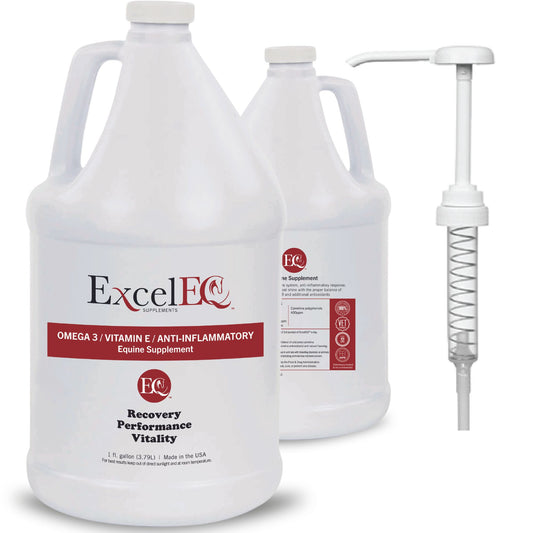World Ocean's Day: How Camelina Oil Supports Ocean Sustainability
Share
Understanding the Impact of Overfishing
Our oceans have suffered significant damage over the past 50 years, prompting the observance of World Ocean's Day. This day serves as a reminder of the severe impact human activities have on marine environments. The decline in ocean sustainability is a pressing issue, exacerbated by commercial overfishing and widespread pollution.
The Consequences of Overfishing
Overfishing occurs when fish are captured faster than their populations can replenish. The Food and Agriculture Organization reports that one-third of global fisheries are overexploited. Additionally, overfishing leads to bycatch, where unintended marine life, including fish, sea turtles, and marine mammals, is captured. This practice results in the loss of billions of marine creatures and disrupts ocean ecosystems.
The Importance of Ocean Ecosystems
Oceans play a critical role in regulating our planet's climate by filtering carbon from the air, a process more efficient than trees. Beyond providing seafood, the fishing industry also produces fish oil pills, protein concentrates, amino acids, glue, and gelatin. The health of our oceans directly affects these industries and, consequently, our global environment.
Sustainable Fishing and Its Economic Impact
Sustainability in fishing means maintaining fish populations at levels that allow them to recover and thrive. It also involves respecting marine ecosystems and ensuring fishing practices do not deplete resources. Overfishing not only disrupts ecosystems but also poses economic challenges if fish stocks become depleted.
The Role of Fish Oil in Nutrition
Omega-3 fatty acids, particularly DHA (Docosahexaenoic Acid), are essential for both human and animal health. The World Wildlife Organization highlights that a significant portion of fish caught is used for fishmeal and fish oil. This omega-3 is derived from algae consumed by smaller fish. Fish oil remains the richest source of omega-3 on the planet, though it primarily provides DHA.
Alternatives to Fish Oil for Omega-3
Given the environmental concerns associated with fish oil, alternative sources of omega-3 are gaining traction. At Excel Supplements, we offer plant-based omega-3 options, such as camelina oil, which provides ALA (Alpha-Linolenic Acid). This plant-based omega-3 is a more sustainable choice, particularly for equines and livestock, who thrive on ALA rather than DHA. For canines, DHA-based omega-3 supplements are acceptable, but plant-based options remain a more eco-friendly alternative.
Camelina Sativa: A Sustainable Solution
Camelina sativa, also known as camelina, is a sustainable crop that grows well in semi-arid and non-arable lands without competing with food crops or requiring extensive irrigation. Its natural chemical properties reduce the need for pesticides, and its minimal fertilizer requirements contribute to its sustainability. Certified by the Roundtable of Sustainable Biomaterials (RSB), camelina oil has lower greenhouse gas emissions compared to marine-sourced omega-3s. Choosing camelina oil supports both animal health and environmental conservation.
Shop Our Plant-Based Supplements
Explore our range of plant-based omega-3 supplements for your horses and canines:






